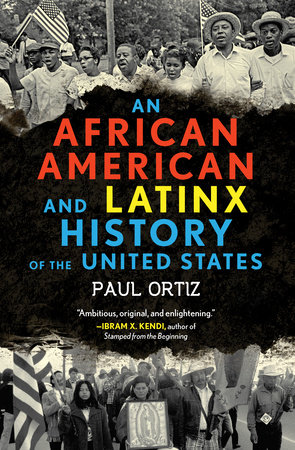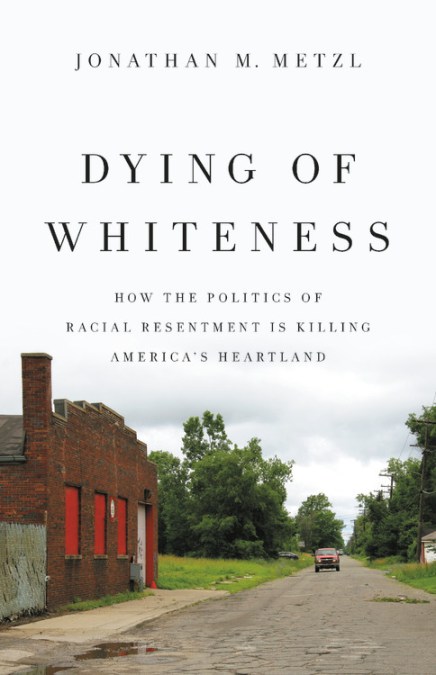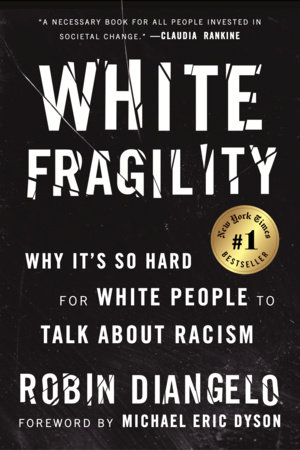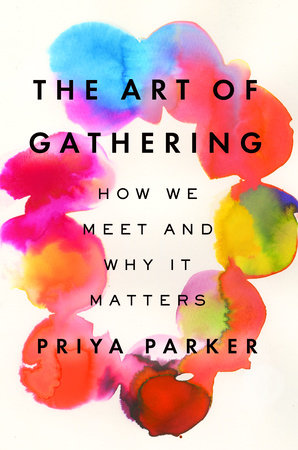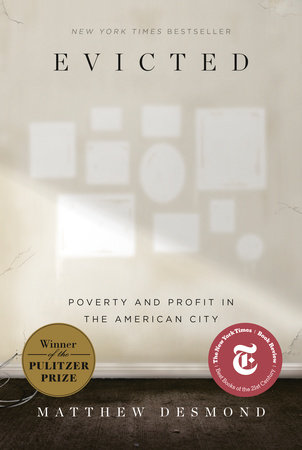2019 CURE Summer Reading List
What’s on your equity reading list for the summer? During a recent meeting, CURE team members shared books that are on the top of their reading list for the summer. We decided to compile these books into a summer reading list.
Our list is inclusive of books that detail historical struggles and books that take a more forward looking approach to remedying intersectional injustices. As facilitators and trainers, we often facilitate difficult discussions and bring people together for equity-focused convenings and planning sessions, so we also have a few reading selections that are focused on strengthening these key skills.
We’re excited to share our list with you and invite you to add to our list using the comment section below. We’d love to hear what’s on your equity reading list this summer.
African American and Latinx History of the United States
By: Paul Ortiz
Spanning more than two hundred years, An African American and Latinx History of the United States is a revolutionary, politically charged narrative history, arguing that the “Global South” was crucial to the development of America as we know it. Through an intersectional history of the shared struggle for African American and Latinx civil rights, scholar and activist Paul Ortiz challenges the notion of westward progress as exalted by widely taught formulations like “manifest destiny” and “Jacksonian democracy,” and shows how placing African American, Latinx, and Indigenous voices unapologetically front and center transforms U.S. history into one of the working class organizing against imperialism.
Why I’m No Longer Talking To White People About Race
By Reni Eddo Lodge
In Why I’m No Longer Talking To White People About Race, award-winning journalist Reni Eddo Lodge explores issues from eradicated black history to the political purpose of white dominance, whitewashed feminism to the inextricable link between class and race. Inspired by her frustration with the way that discussions of race and racism in Britain were being led by those who weren’t affected by it, the book offers a new framework for how to see, acknowledge and counter racism.
Decolonizing Wealth: Indigenous Wisdom to Heal Divides and Restore Balance
By: Edgar Villaneauva
Award-winning philanthropy executive Edgar Villanueva draws from the traditions from the Native way to prescribe the medicine for restoring balance and healing our divides. In Decolonizing Wealth, Villaneueva offers a provocative analysis of the dysfunctional colonial dynamics at play in philanthropy and finance.
Dying of Whiteness: How the Politics of Racial Resentment Is Killing America’s Heartland
By: Jonathan M. Metzel
In the era of Donald Trump, many lower- and middle-class white Americans are drawn to politicians who pledge to make their lives great again. Interviewing a range of everyday Americans, physician Jonathan Metzl examines how racial resentment has fueled progun laws in Missouri, resistance to the Affordable Care Act in Tennessee, and cuts to schools and social services in Kansas. And he shows these policies’ costs: increasing deaths by gun suicide, falling life expectancies, and rising dropout rates among white Americans.
White Fragility: Why It’s So Hard for White People to Talk About Racism
By: Robin DiAngelo
White Fragility is a New York Times best-selling book exploring the counterproductive reactions white people have when their assumptions about race are challenged, and how these reactions maintain racial inequality. Referring to the defensive moves that white people make when challenged racially, white fragility is characterized by emotions such as anger, fear, and guilt, and by behaviors including argumentation and silence. These behaviors, in turn, function to reinstate white racial equilibrium and prevent any meaningful cross-racial dialogue.
Emerging Strategy: Shaping Change, Shaping Worlds
By adrienne maree brown
In Emergent Strategy, social justice facilitator, healer, doula, and pleasure activist adrienne maree brown offers a radical self-help, society-help, and planet-help guide designed to shape the futures we want to live. Inspired by Octavia Butler’s explorations of human relationship to change, the book invites us to feel, map, assess, and learn from the swirling patterns around us in order to better understand and influence them as they happen.
Pleasure Activism
By adrienne maree brown
How do we make social justice the most pleasurable human experience? How can we awaken within ourselves desires that make it impossible to settle for anything less than a fulfilling life? Author and social justice facilitator adrienne maree brown finds the answer in something she calls “pleasure activism,” a politics of healing and happiness that explodes the dour myth that changing the world is just another form of work. Drawing on the black feminist tradition, she challenges us to rethink the ground rules of activism.
The Art of Gathering: How We Meet and Why It Matters
By: Priya Parker
In The Art of Gathering, Priya Parker argues that the gatherings in our lives are lackluster and unproductive–which they don’t have to be. We rely too much on routine and the conventions of gatherings when we should focus on distinctiveness and the people involved. The Art of Gathering is a transformative exploration of the power, purpose, and benefits of gatherings in our lives: at work, at school, at home and beyond.
Evicted: Poverty and Profit in the American City
By: Matthew Desmond
Even in the most desolate areas of American cities, evictions used to be rare. But today, most poor renting families are spending more than half of their income on housing, and eviction has become ordinary, especially for single mothers. In Evicted, Harvard sociologist and MacArthur “Genius” Matthew Desmond follows eight families in Milwaukee as they each struggle to keep a roof over their heads. As readers see families forced into shelters, squalid apartments, or more dangerous neighborhoods, Desmond illustrates the human cost of America’s vast inequality and people’s determination and intelligence in the face of hardship.

